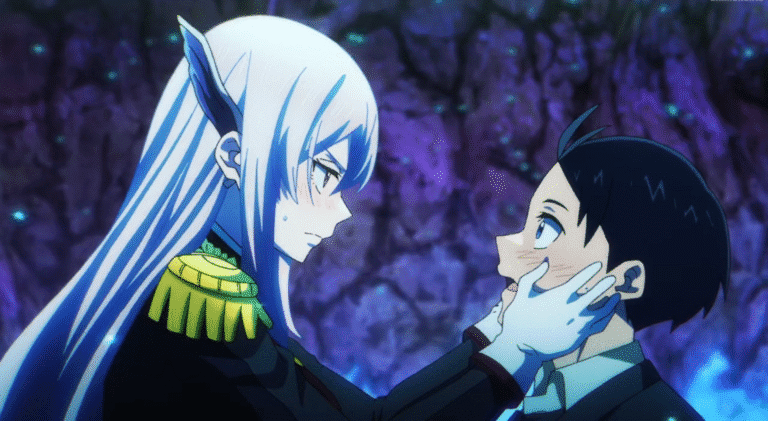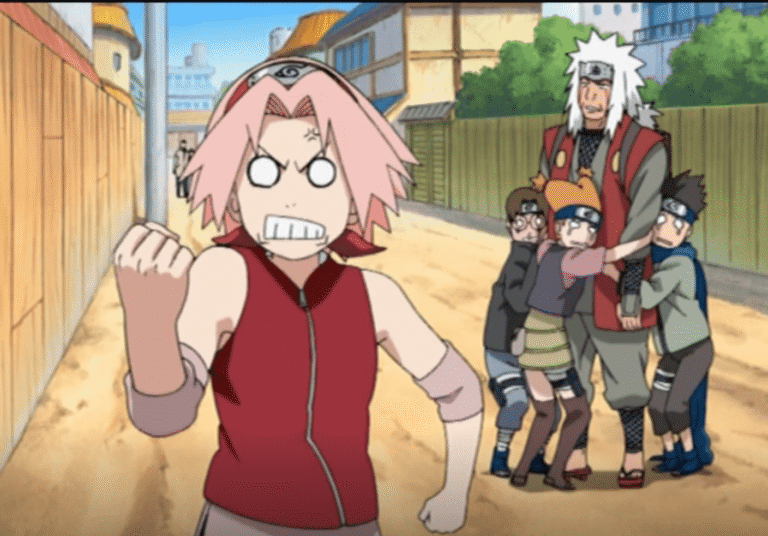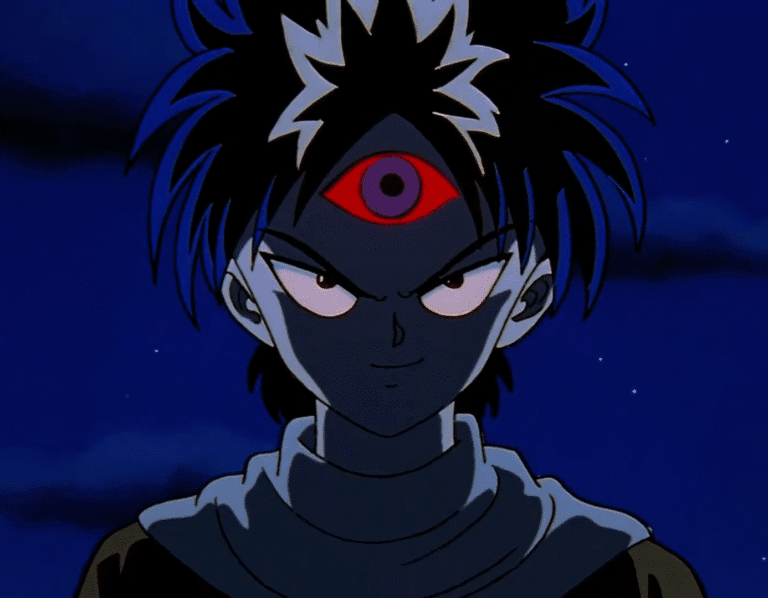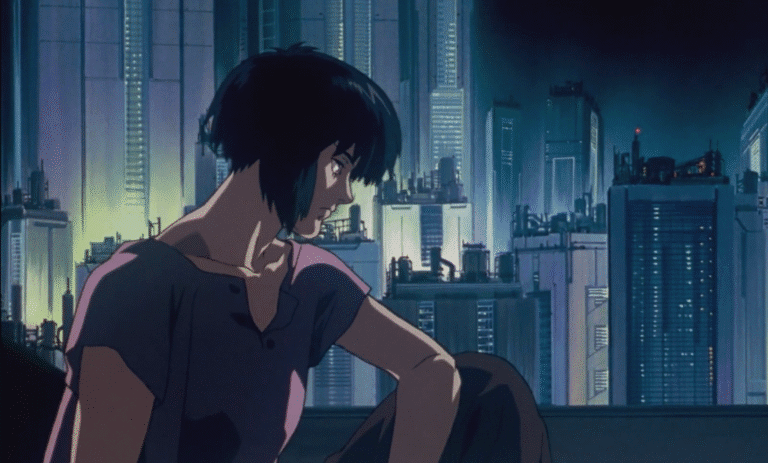Monster: A Dark Descent Into the Human Psyche
Monster, directed by Masayuki Kojima and based on Naoki Urasawa’s acclaimed manga, is a slow-burning psychological thriller that transcends traditional anime boundaries. Unlike action-heavy shonen or flashy supernatural series, Monster is a cerebral exploration of morality, identity, and the darkness lurking in human nature.
At its core, it follows Dr. Kenzo Tenma, a brilliant neurosurgeon whose life spirals into chaos after he chooses to save the life of a young boy, Johan Liebert, over the town mayor. This single act of compassion sets off a chain of events that forces Tenma to confront a harrowing question: can one man’s morality stand against the overwhelming tide of evil?
The storytelling is deliberate and meticulous. Each episode builds suspense through meticulous character development and interwoven plotlines, rather than relying on dramatic battles or supernatural spectacles. The city streets of Düsseldorf, the quiet rural towns, and the oppressive corridors of hospitals and institutions are filled with a haunting realism and explorations of true human nature, making every encounter feel charged with moral weight.
Decoding Johan Liebert: The Heart of the Enigma
Johan is perhaps the most confounding and chilling antagonist in anime history. On the surface, he’s an enigmatic boy with an unsettling charm; beneath that veneer lies a mind capable of manipulation, murder, and psychological terror. Many first-time viewers struggle with understanding his motives—why does he commit these atrocities, and what drives him?
The answer lies in a mix of trauma, identity, and nihilism. Johan was a product of human cruelty: orphaned, psychologically experimented upon, and systematically dehumanized. He embodies the existential void—a person who understands the fragility of human morality and, in a twisted way, seeks to reveal it to the world. His killings are not random; they are carefully orchestrated in order to expose the darkness in people and society. Johan’s ultimate goal is less about power or revenge and more about the philosophical demonstration of human fragility and their capacities to be corrupted.
Some fans also debate the ambiguity of his endgame. Unlike conventional villains, Johan doesn’t desire typical triumph—his satisfaction comes from the chaos and moral decay he invokes, making him both terrifying and fascinating as a study in human psychology.
Why Monster is a Psychological Thriller Masterpiece
- Character Depth: Every character, from Tenma to seemingly minor figures, is fleshed out with motivations, flaws, and moral ambiguity. You don’t just follow the protagonist; you witness the full spectrum of human behavior.
- Moral Complexity: Unlike many narratives with clear heroes and villains, Monster constantly challenges viewers’ ethical assumptions. Should Tenma have saved Johan? Is abandonment ever justifiable? The anime forces us to grapple with uncomfortable truths.
- Suspense and Pacing: The tension isn’t derived from constant action but from anticipated build-up from every interaction. Every conversation, glance, or decision carries weight.
- Psychological Realism: Mental manipulation, trauma, and fear are explored with precision, making the horrors feel plausible rather than fantastical. It’s an intellectual thriller disguised as an anime.
- Narrative Interconnectivity: Every subplot, every minor character arc, ultimately ties into the central story, creating a rich tapestry of cause and effect that rewards careful viewing and rewatching.
Final Verdict
Monster isn’t just an anime—it’s an exploration of morality, human psychology, and the thin line between good and evil. Its brilliance lies in its restraint, subtlety, and unflinching realism. Johan Liebert isn’t merely a villain; he’s a mirror reflecting the darkness every human carries. Dr. Tenma isn’t just a protagonist; he’s a moral compass navigating a morally bankrupt world.
For those willing to immerse themselves in its slow, methodical storytelling, Monster offers one of the most intellectually and emotionally rewarding experiences anime has to offer. Its legacy is timeless: a psychological thriller that challenges your mind, your ethics, and your very understanding of humanity.
Verdict: 10/10 – A masterclass in suspense, morality, and psychological storytelling that lingers long after the credits roll.
Image credit Madhouse







